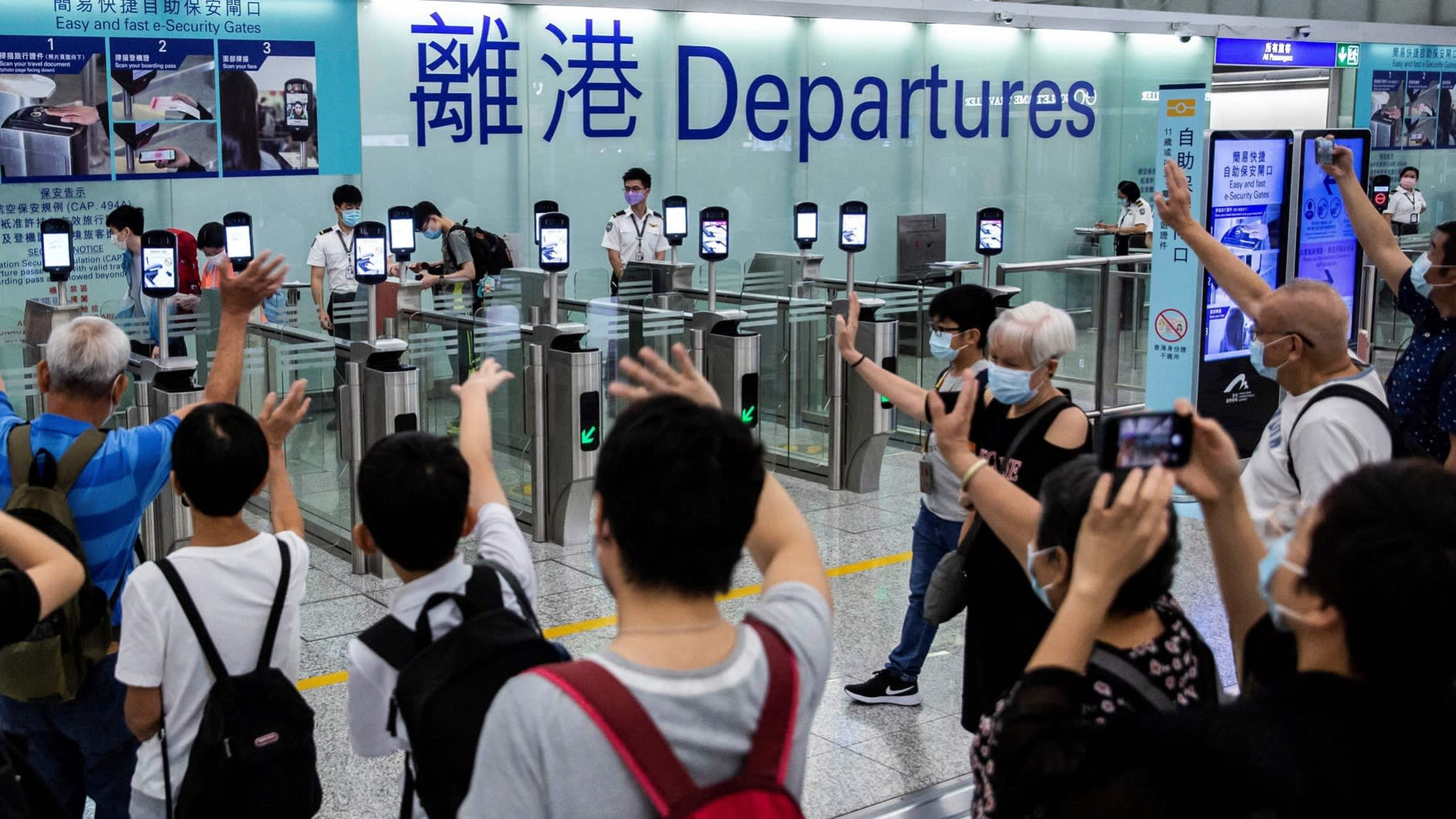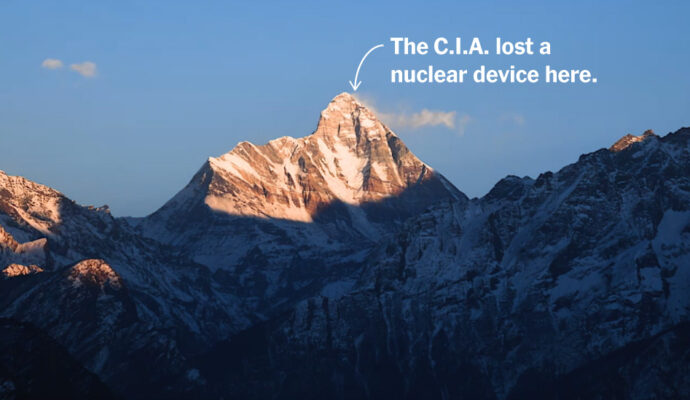
“The system keeps moving, we keep learning, just like water,” said Alex Chui, describing the experience of standing last year in the UK local elections. Chui was born in Hong Kong but, shortly after fleeing the island’s security protests, he stood as a Liberal Democrat candidate for Cheam councillor in Sutton. The 49-year-old, who had only basic English, was beaten by the Conservatives, but was heartened to have ranked fourth among the 10 candidates.
Chui’s metaphor has particular significance given that Bruce Lee’s quote “be formless, shapeless, like water” became a rallying cry for Hong Kong demonstrators during the 2019 protests. For Chui, democracy must be worked at.
As a result, many Hongkongers who arrived in Britain expecting to build new lives are now keen to exercise their civic rights. A Home Office survey found that among the first wave of Hong Kong arrivals on a British National (Overseas) visa, 96 per cent of respondents intend to stay for longer than their current visa or even indefinitely. Many will vote for the first time in today’s elections.
So far, more than 140,000 Hongkongers have settled in Britain via the BNO route, including the family of Artie Lam, a researcher on UK-Hong Kong affairs. He says while local issues are immediate and important to Hongkongers, national questions on foreign policy — particularly on China and human rights — have a far greater influence on where they stand politically. Hongkongers have driven campaigns such as the successful bid for Newcastle council to sever ties with its sister city in China.
“In the Boris Johnson era, there was definitely high support for the Conservatives among Hongkongers, especially as it was Johnson who presented the BNO scheme,” said Lam. But that Tory leaning has been shaken by the government’s policing bill, which curbs political protest, he added. The illegal migration bill and associated hostile rhetoric has also angered Hong Kong community organisations.
Since the BNO visa launch in 2021, community groups serving the diaspora have proliferated. Some Cantonese language guides on UK parties warn Hongkongers not to blindly vote for Tories and to beware pro-communist candidates.
Voting is hardly straightforward for families grappling with choosing a place to live and confronting the traumas that follow them here. A 2022 study of resettled islanders by the community group Hongkongers in Britain found almost a quarter of respondents had clinically significant symptoms of post-traumatic stress disorder. But the vast majority of those surveyed indicated they would not be seeking mental health treatment. The “keep your head down” mentality of many south-east Asian cultures — including mine — has long discouraged speaking up, whether on mental health or politics.
Other barriers originate in British systems. Ian Ng, a politics student at Durham university, says many young Hongkongers who want to get engaged in British politics are struggling to find the way in. Non-governmental organisation Hong Kong Watch sought Hongkongers for its parliamentary internship programme. But one successful applicant was denied access to parliamentary buildings because he had not been living in the UK long enough to undergo the vetting process. Chui also struggled initially with proving his eligibility to stand for election.
“It is only after you have lost something, that you really treasure it,” said Chui. That something — a belief in political participation which drove 1.7mn protesters on to the streets in a city of 7.5mn — has been crushed, but not erased. The Hong Kong diaspora is keeping local agency alive, often with an energy that Britons would do well to emulate. As Chui says, “If you want to learn how to swim, jump into the water.”


